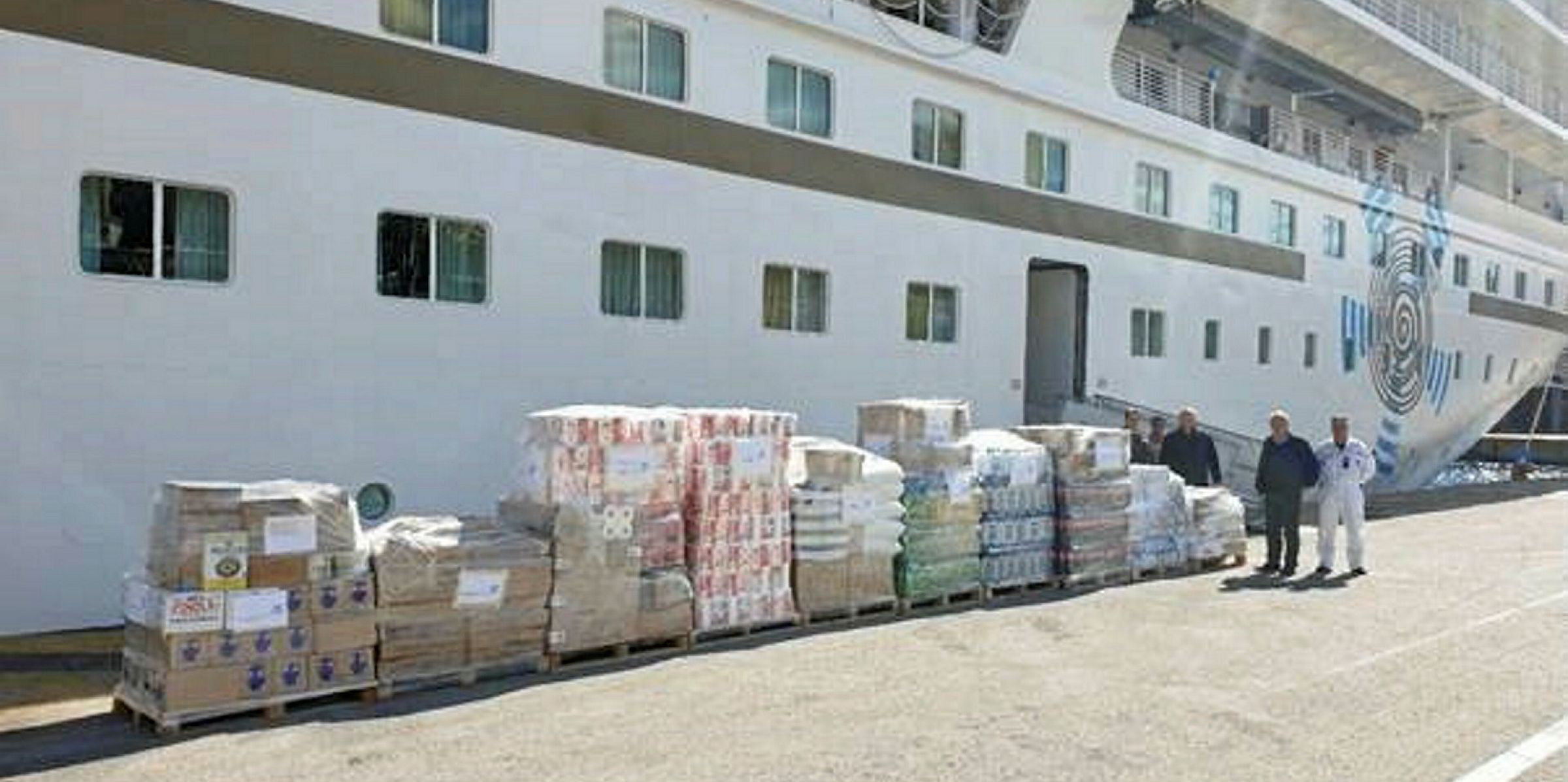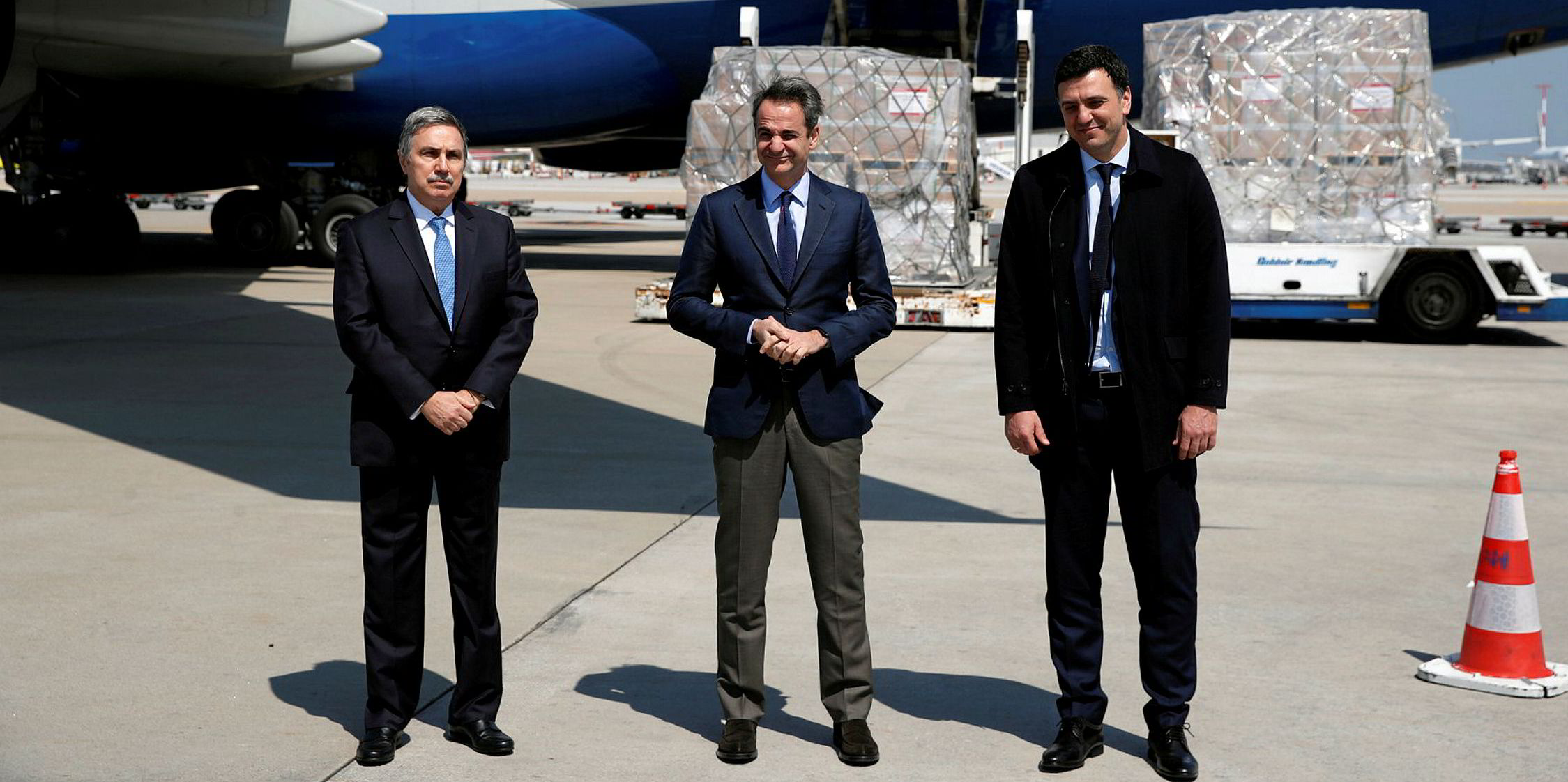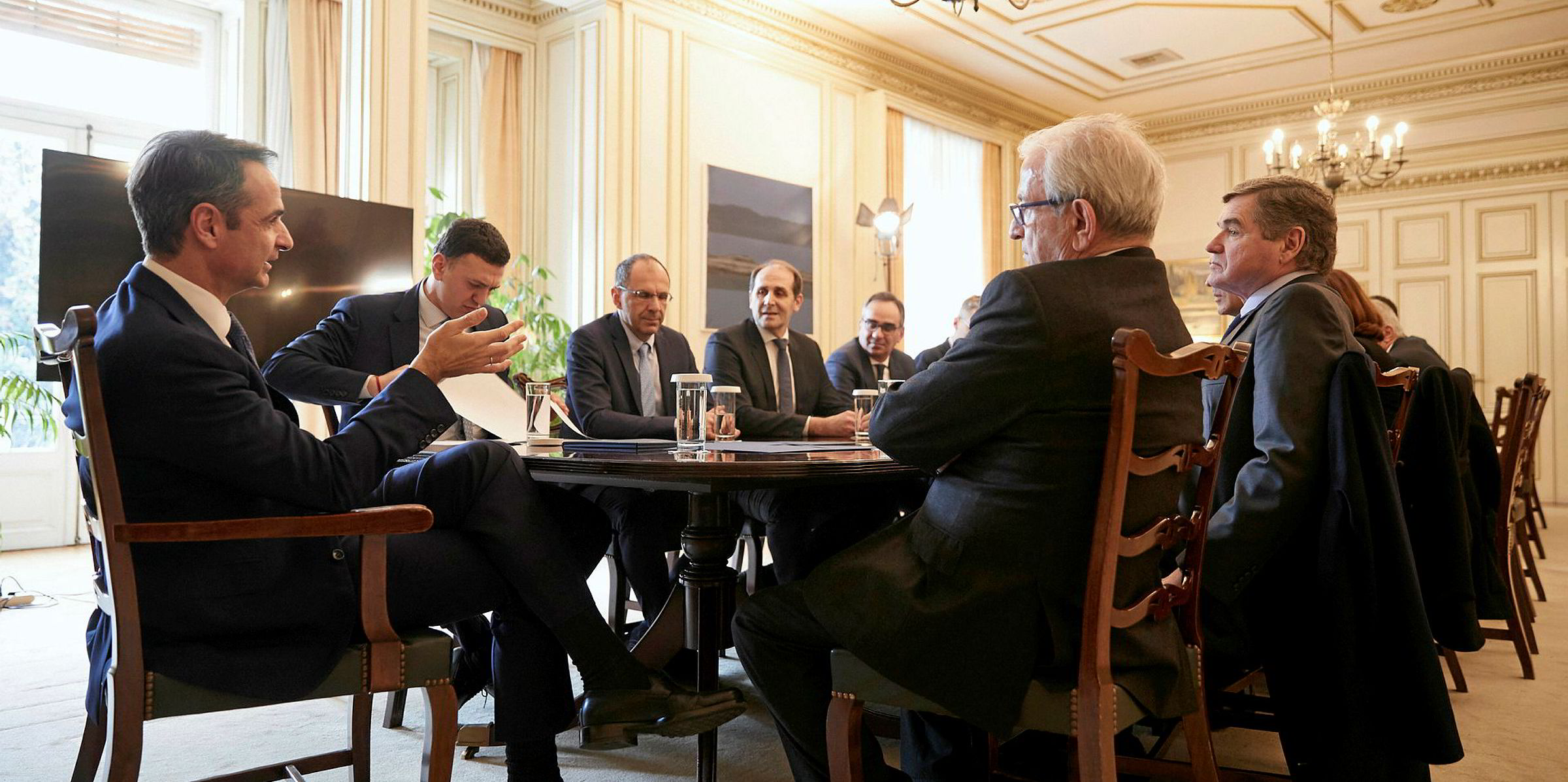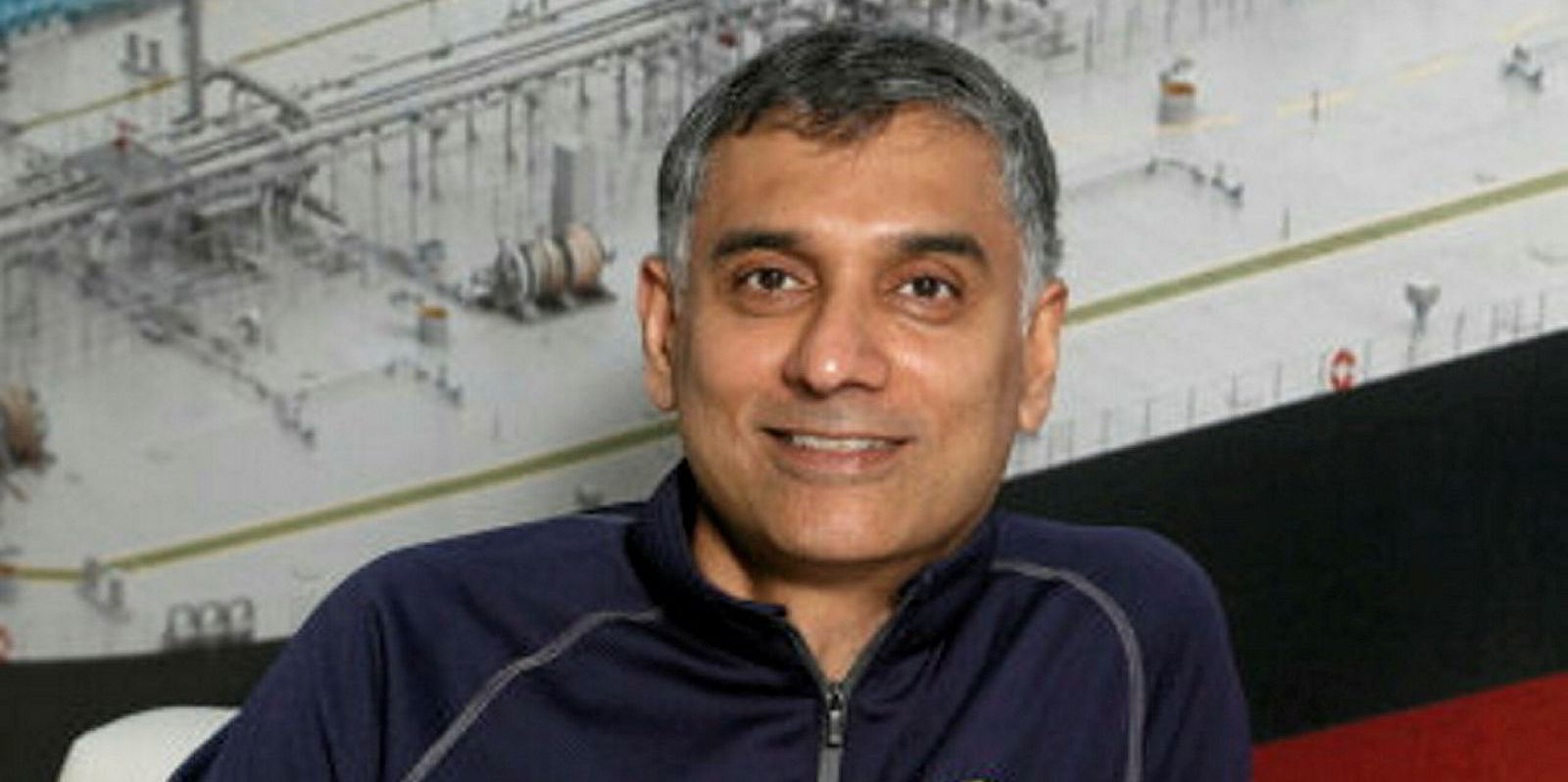Just as the pandemic was taking hold in Europe, a Boeing 747 landed in Athens with millions of surgical masks on board.
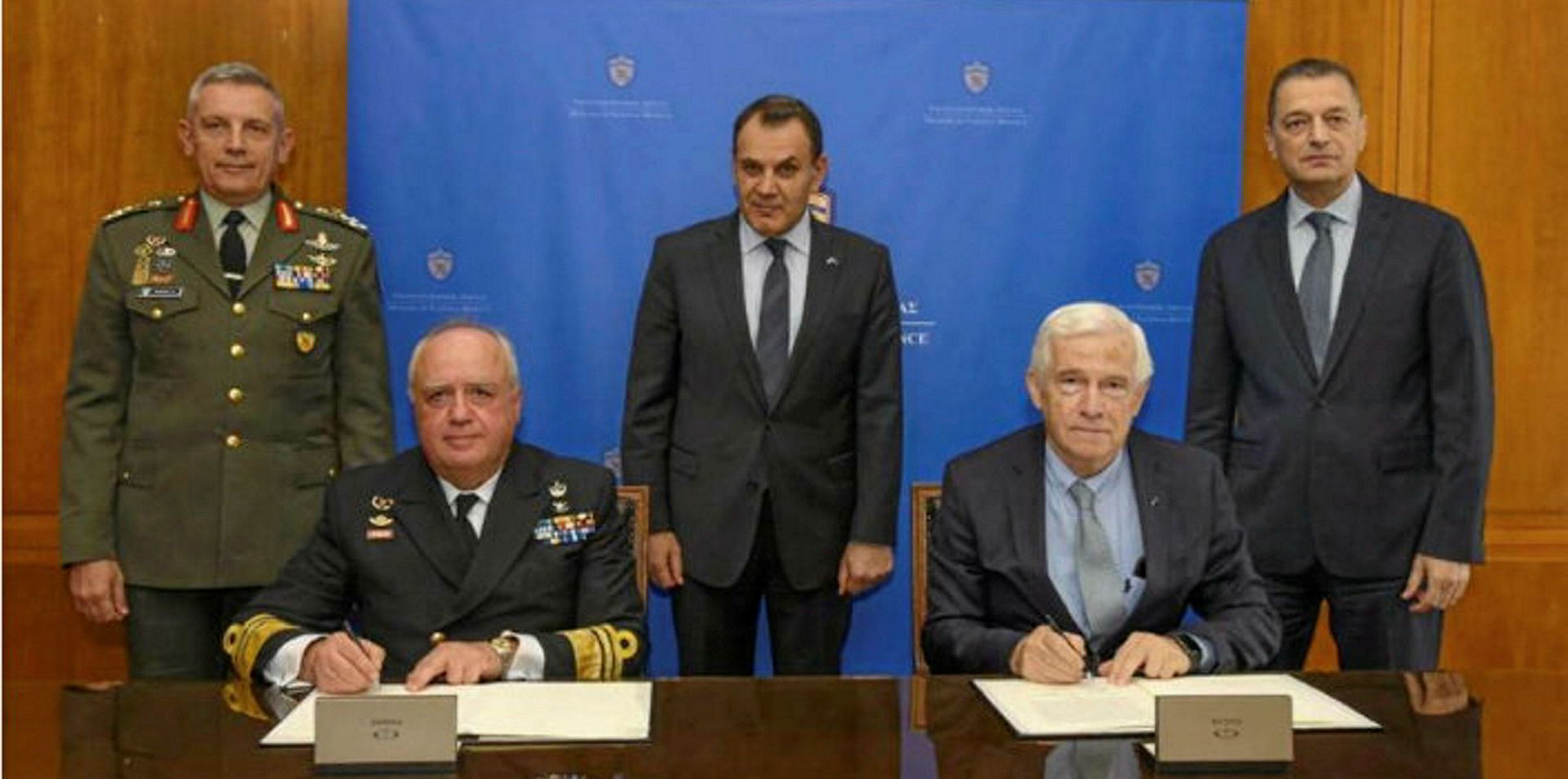
The supplies were vital to restock Greece’s public health system, emaciated after a decade of government austerity.
Prime Minister Kyriakos Mitsotakis met the plane at the airport in March to thank Onassis Foundation president Antonis Papadimitriou for the supplies which cost almost $10m to buy and transport.
Securing the medical kit was anything but easy for the successors of legendary owner Aristotle Onassis. Ten nations were vying for the equipment at its Chinese manufacturer.
“It wasn’t exactly an auction, but the pressure was there that if we didn’t accept the set price, the masks would go somewhere else,” George Karageorgiou, president and chief executive at Onassis company Olympic Shipping & Management, said.
The foundation paid €7.75m ($8.5m) for 13.5m masks. Chartering air transport cost about another $1m.
“This initiative is the very least we could do to thank the country’s medical and nursing professionals for their incredible work,” Papadimitriou said.
The money proved well spent. Greece suffered just 165 deaths by 19 May. State hospitals, which bore the brunt of the epidemic, received rare applause for a job well done.
UGS to the rescue
The Onassis donation was part of a flood of support from the shipping community. The Union of Greek Shipowners (UGS)' Syn-Enosis charity said it had raised more than $13m as of 19 May from its 150 members.
That money paid for 335 intensive care unit (ICU) ventilators, 20 portable ventilators, 200 ICU monitors, 100 ICU beds and other equipment.
"We are also supporting the ministry of education to provide distance learning, through a donation of 5,000 tablet devices to teachers," the UGS added.
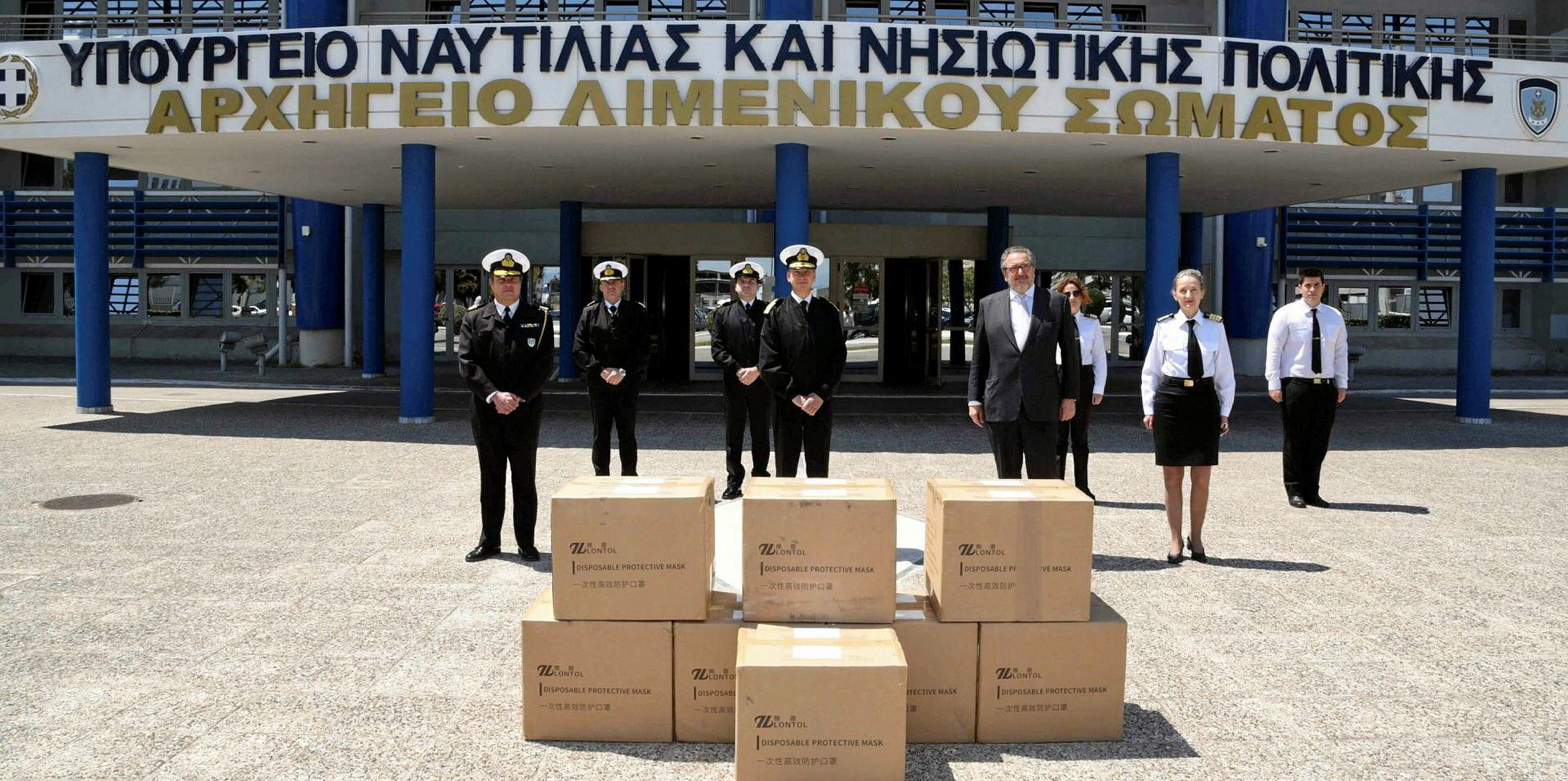
Golden Cargo, a logistics company owned by UGS president Theodore Veniamis, did much of the unloading of the masks at Athens' airport.
“Syn-Enosis have done a great job,” Hellenic Chamber of Shipping president George Pateras said. His family company Contships Management separately donated tens of thousands of masks to coastguards, hospitals and churches.
Contships chief Nikolas Pateras said it also helped indirectly, by refraining from putting its onshore employees on a government wage subsidy scheme.
“Not that we didn't have the right or the need to, but as patriots we felt we shouldn’t be burdening state coffers,” he said.
Acting through Syn-Enosis or alone, owners including Thanassis Martinos and George Procopiou independently tapped multiple sources to find equipment — often bypassing government suppliers to secure the kit faster and at a better price.
The Chinese card
Decades of doing business in the Far East made it easier for Greek owners to get the job done.
In the early stage of the pandemic, when Covid-19 was raging in China, brothers Panos and Thanassis Laskaridis donated 100,000 single-use medical masks to a hospital in Shanghai.
When the pandemic spread to Europe, Laskaridis’ partners returned the favour. Shanghai Kaichuang Fishery & Jinglu Shipyard and the Chinese Academy of Social Sciences donated to Greece 20,000 surgical masks made by Sinopharm, China’s biggest supplier.
That was just the beginning of a relationship between the Aikaterini Laskaridis Foundation (ALF) and Sinopharm, which other Greek non-profit organisations have joined.
Chinese state officials also played an active part. Zhang Qiyue, China’s ambassador in Athens, “stepped in and orchestrated … planeloads of medical masks and equipment,” ALF general director Konstantinos Mazarakis-Ainian said.
The Chinese embassy and the China Classification Society's Greek office helped the Procopiou family with pharmaceutical trading and manufacturing contacts.
"Competition was fierce, as the equipment was disappearing by the hour," Ioanna Procopiou told TradeWinds.
It took the Greek owner and her family three different cargo flights to haul about 40 tons of equipment into the country. "It was a three-week, full-time job for our team to focus on this project and coordinate all parties to a successful outcome," Procopiou said.
Early movers
Shipowners would not have been able to help as effectively had Greek authorities not woken up to the risks of Covid-19 as quickly as they did. State hospitals were given free rein to contact private benefactors to obtain help.
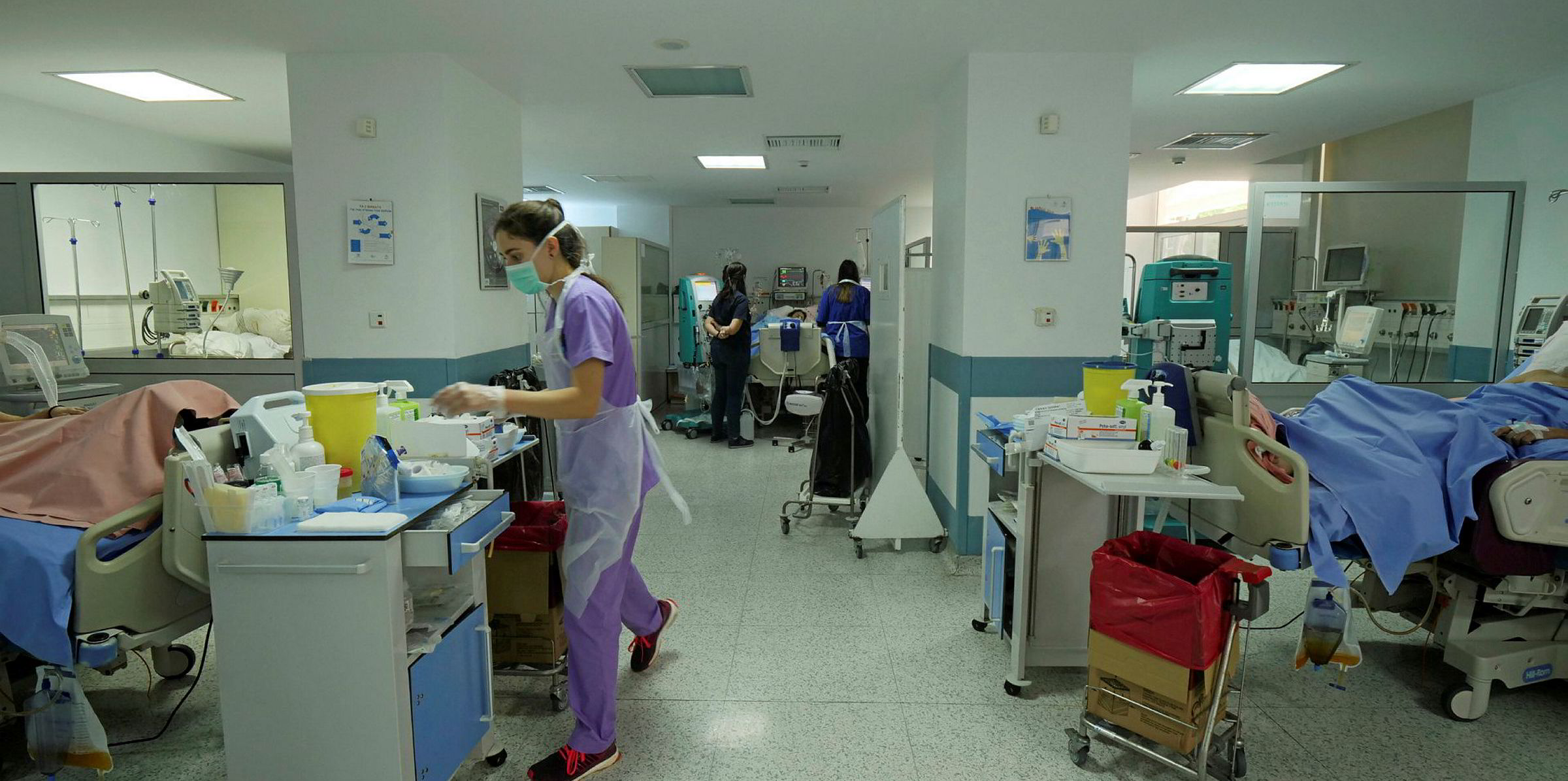
“We acted very quickly because hospitals we were already working with let us know of their needs as early as February,” Natalia Andronikou, administration officer at the John S Latsis Public Benefit Foundation, said.
Receiving requests in plenty of time allowed the Latsis Foundation to contact local suppliers and book — in cooperation with the UGS — ICU equipment and 24,000 diagnostic test kits long before global demand took off, Andronikou said.
Owners were pleasantly surprised to see state authorities jump into action with urgency and pragmatism.
“It was unreal how quickly the government acted to remove any obstacles,” Karageorgiou said.
Even the country’s beleaguered cruise operators are chipping in. After providing tons of food and 1,100 litres of antiseptic to the needy in Piraeus, Celestyal Cruises offered 50 three-day cruises to medical personnel in the city’s hospitals. However, Celestyal will not resume cruises before 29 June.
